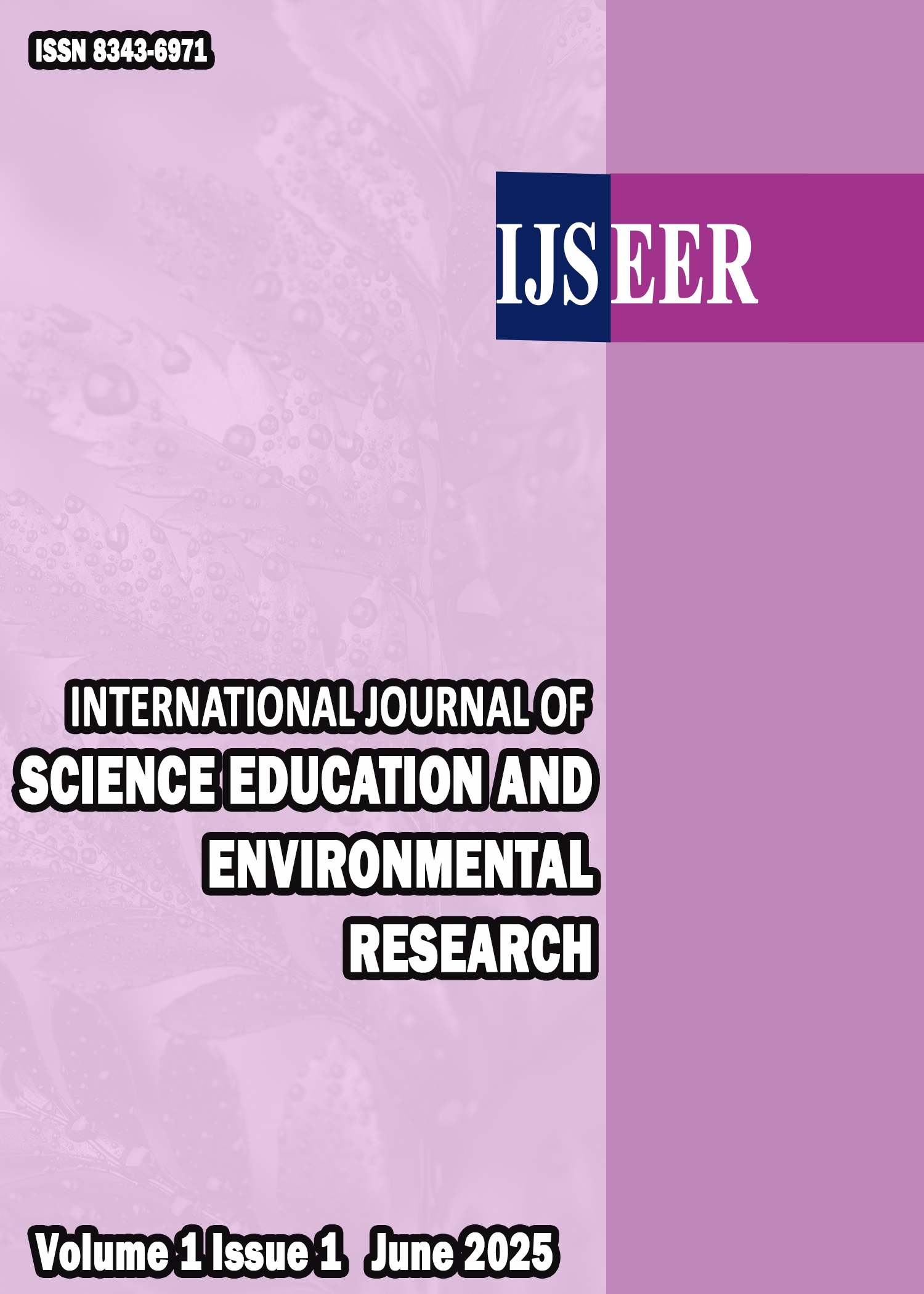2026
Vol. 2, No. 1
This study investigates the relationship between parental neglect and the mental health of children in Ogba-Egbema-Ndoni Local Government Area (ONELGA), Rivers State, Nigeria. Anchored in developmental psychopathology and attachment theory, it examines the prevalence, typologies, and psychosocial consequences of neglect within a socio-cultural and economic framework. The research adopts a cross-sectional mixed-methods design, integrating quantitative and qualitative approaches to achieve a nuanced understanding of the phenomenon. Quantitative data will be collected using standardized instruments such as the Strengths and Difficulties Questionnaire (SDQ) to assess emotional, behavioral, and social functioning. Complementary qualitative interviews with caregivers, educators, and community stakeholders will provide contextual insights into the lived realities of children experiencing neglect. It is anticipated that neglect—manifesting in physical, emotional, educational, and supervisory forms—will correlate strongly with increased vulnerability to emotional dysregulation, behavioral difficulties, and impaired attachment security. Socio-economic disadvantage is expected to exacerbate these effects, highlighting the interplay between structural poverty, parental capacity, and child well-being. The findings are intended to contribute to the empirical literature on child welfare in sub-Saharan Africa, offering evidence to inform targeted social welfare interventions, community-based prevention programs, and policy frameworks tailored to ONELGA’s specific needs. By situating neglect within broader ecological and cultural contexts, the study seeks to advance theoretical understanding while generating actionable recommendations for stakeholders in education, social services, and governance.
Eke Veronica Ph.D., Logbene Chidorom Ann
